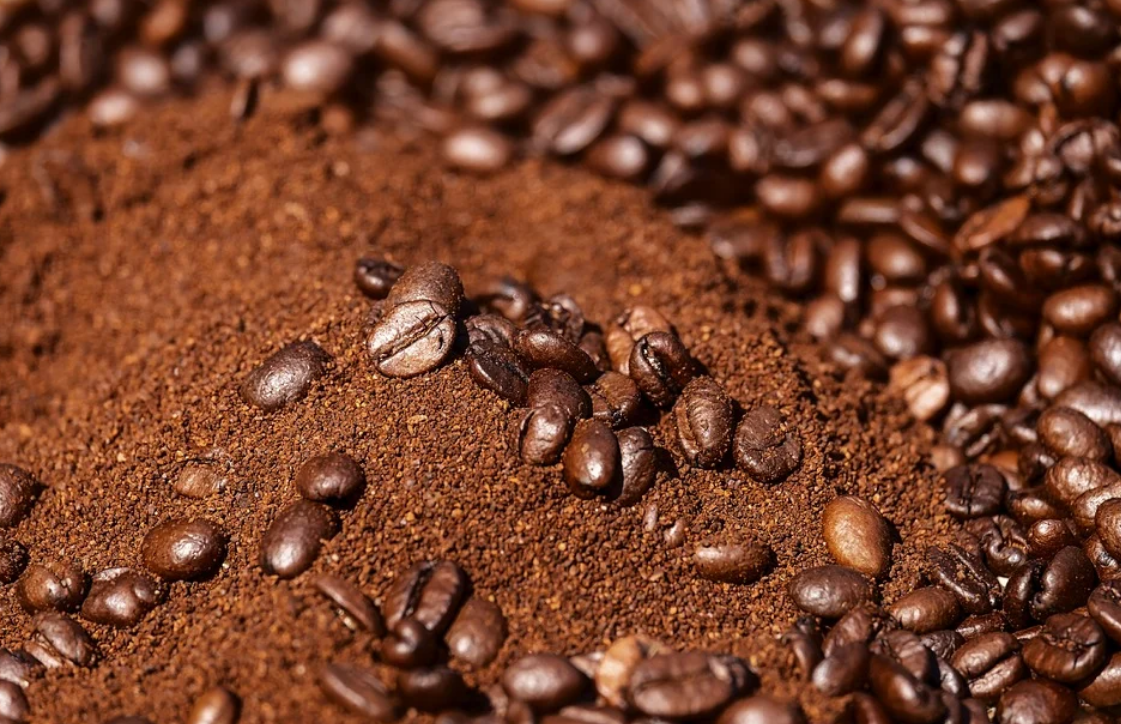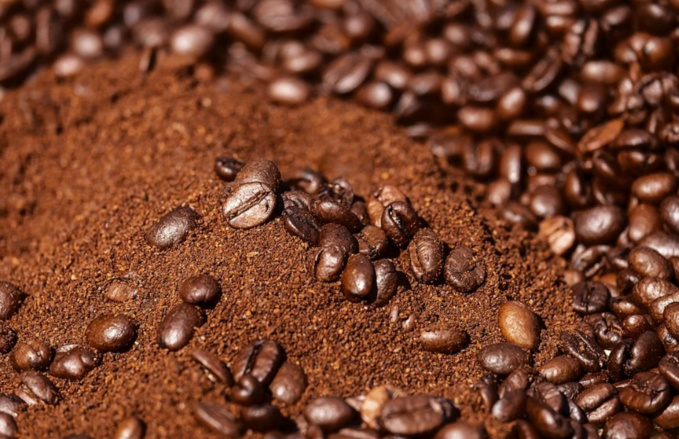Farmers are trying to find alternatives to fertilizers, the prices of which are rising worldwide due to supply disruptions, including from Russia and Belarus (both countries are among the world's leading suppliers of fertilizers). As for other inputs needed for agriculture, they, too, are rising in price, while the cost of coffee has lagged behind farmers' production costs.
The industry has been threatened by skyrocketing resource prices. For example, a number of farmers in Guatemala see organic waste as a cheap substitute for nitrogen, phosphorus and potash fertilizers, but such a decision can significantly reduce yields. Other producers dilute fertilizers with water to stretch supplies, despite the much lower effectiveness of this approach.
In Nicaragua, farmers have been forced to reduce their fertilizer purchases to avoid facing serious financial difficulties. In Costa Rica, growers are hoping the soil already has enough nutrients in it and are cutting back on fertilizer use. Market participants estimate that the industry will panic by the third quarter of 2022: Brazil's largest coffee producer will have only three to six months' worth of fertilizer.
source: bloomberg.com
The industry has been threatened by skyrocketing resource prices. For example, a number of farmers in Guatemala see organic waste as a cheap substitute for nitrogen, phosphorus and potash fertilizers, but such a decision can significantly reduce yields. Other producers dilute fertilizers with water to stretch supplies, despite the much lower effectiveness of this approach.
In Nicaragua, farmers have been forced to reduce their fertilizer purchases to avoid facing serious financial difficulties. In Costa Rica, growers are hoping the soil already has enough nutrients in it and are cutting back on fertilizer use. Market participants estimate that the industry will panic by the third quarter of 2022: Brazil's largest coffee producer will have only three to six months' worth of fertilizer.
source: bloomberg.com



















